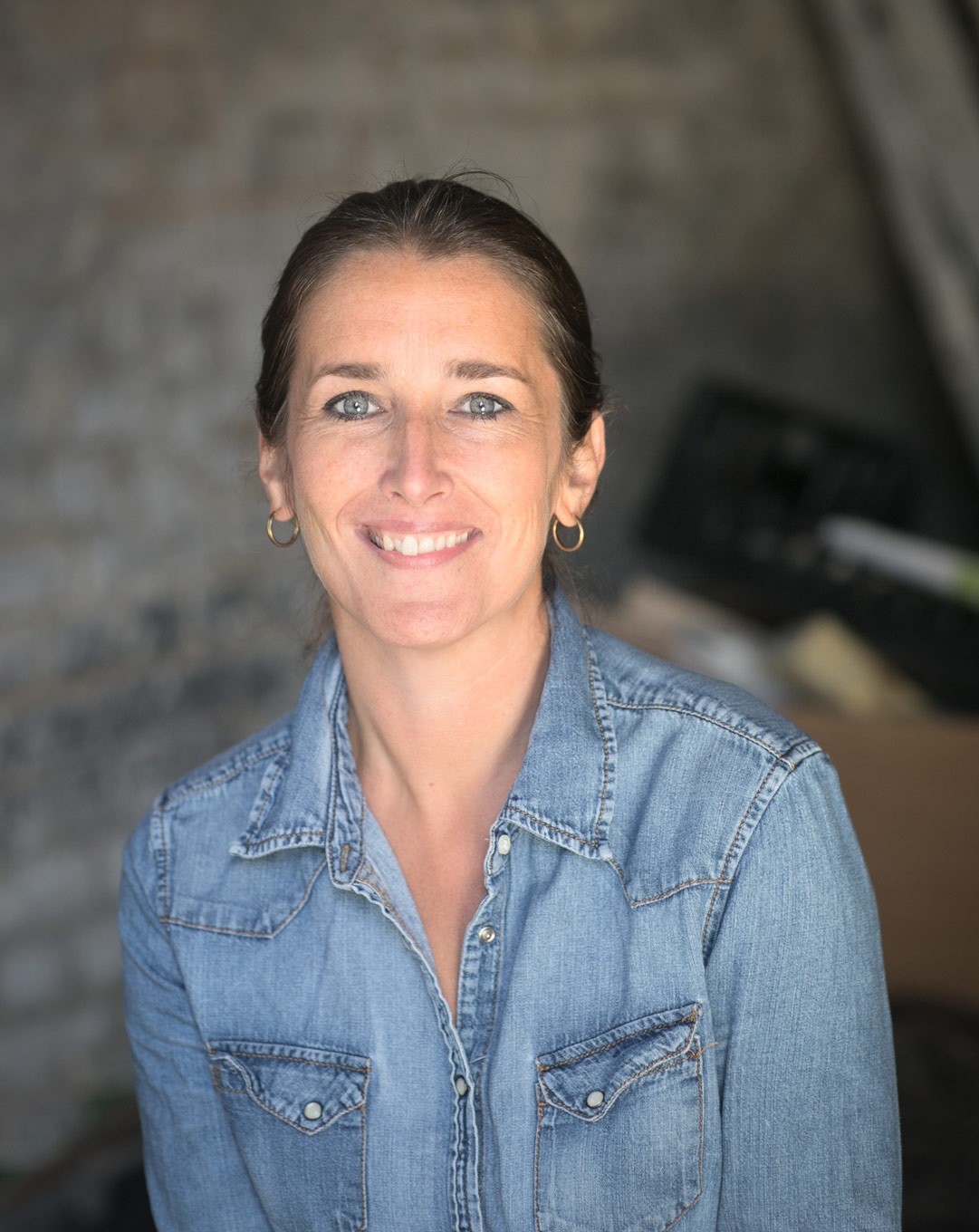
Don't miss: Sasha Regan's All-male Mikado
InterviewAfter great successes with H.M.S. Pinafore and The Pirates of Penzance, English theatre director Sasha Regan is looking forward to bringing her all-male concept to Gilbert & Sullivan’s The Mikado. Regan’s “wicked sense of fun” translates into her imaginative take on classic G&S, setting it in 1950’s England, and adding an all-male cast into the operetta’s inherent layers of satire.
The “all-male Mikado” tours the United Kingdom between April and July of 2017. We spoke with Regan about her curious inspiration for single-sex G&S, and why the shows have remained favourites in the 21st century.
How did your early experience with theatre in a single-sex school extend to your all-male adaptations of G&S in your professional career?
The innocence, the memories of laughter, the pure voices and the playfulness of us all dressing up. All of these elements remind me of school and when I wanted to stage a Gilbert & Sullivan with a fresh take, my school days gave me the inspiration. I always try to retain that child-like, innocent feel in my productions.
How do you think creating an all-male *Mikado* enhances this classic operetta? What new layers of meaning appear?
The Mikado is a very funny piece and I would never wish to mess with that. The company will play the characters with truth and a sprinkling of good comic timing to just enhance it. We spend a lot of time in rehearsals keeping the comedy under control, the mere fact that we have boys dressed as girls is silly enough. The combination of a good script and the all-male concept seems to be working well. Fingers crossed that after Iolanthe, The Pirates of Penzance, Patience and H.M.S. Pinafore, it isn’t The Mikado that trips us up - in a topsy turvy way of course!

How do your single-sex adaptations compare to the operatic tradition of trouser roles, or the early practice of male singing actors playing female characters?
I don’t google or YouTube other stagings, so when I approach a new production it is with fresh eyes. What is the story and how should we tell it? The luxury with working on an operetta out of copyright is the freedom it allows you. So we play and laugh and cry and essentially find the heart of the piece. When audiences watch our productions they often forget its age or the way that it has been done in the past - young children, teenagers and their grandparents are falling in love with the stories all over again.
What do you think G&S were trying to say with their original Mikado? How does this differ from the message of your version?
I think they were doing what they did best, putting their very English society on stage and taking the mickey! Their England had conflicting, outdated laws (as highlighted in The Mikado), and they were happy to promote the least qualified, best oiled men in every walk of life. I don’t think things have changed that much? So we’re hoping to do the same with our production!
The Mikado tours the UK from April to July 2017. You can find out more about the production right here.


Comments